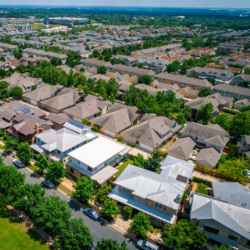The Benefits of Investing in Residential Real Estate Development
The Benefits of Investing in Residential Real Estate Development Real estate development is a critical aspect of any modern economy, and it is a vital component of the real estate sector. Investing in residential real estate development can provide a wide range of benefits for investors, ranging from diversification to the potential for long-term growth. Read more about The Benefits of Investing in Residential Real Estate Development[…]







